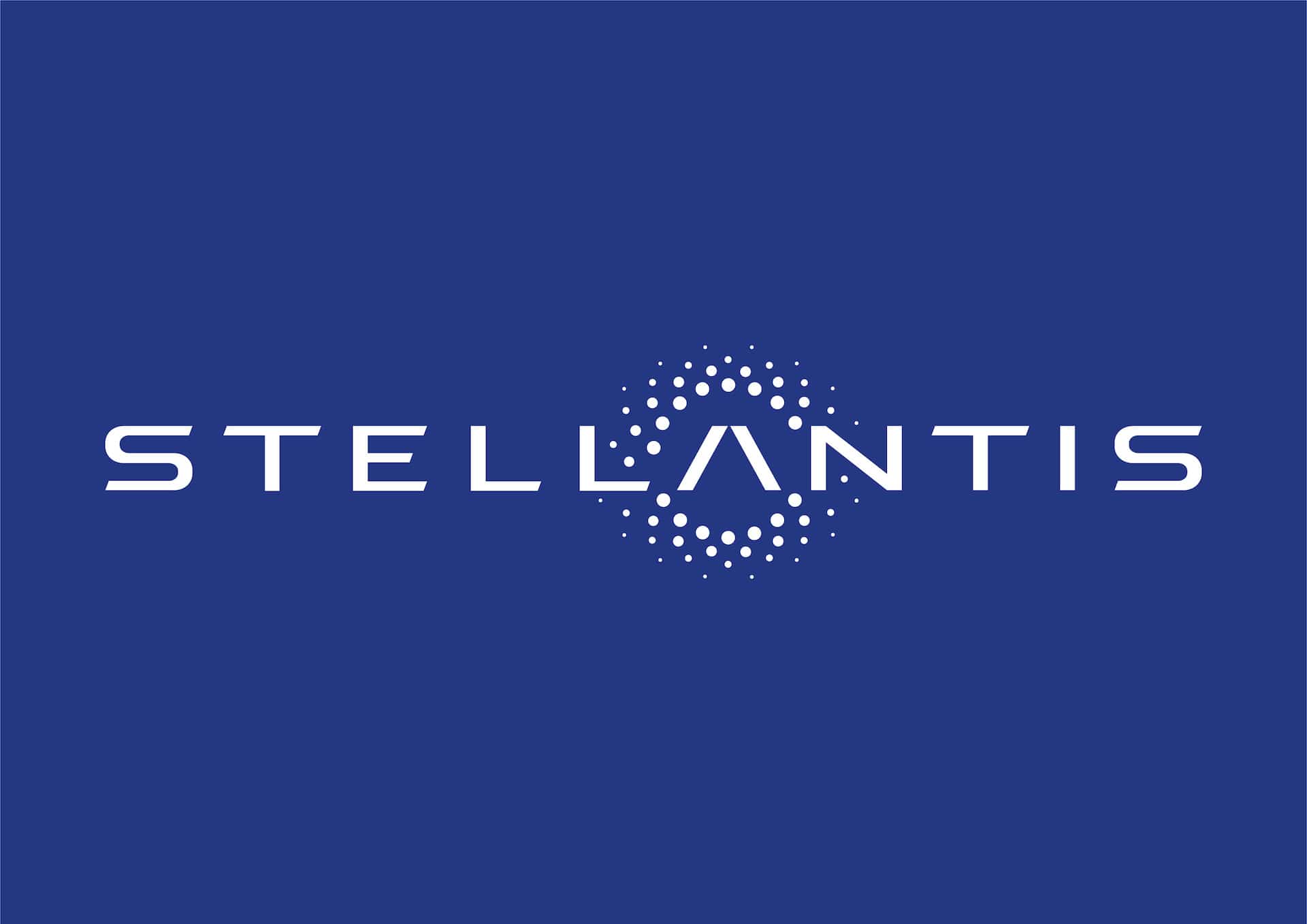Will be one of multiple battery plants dedicated to Stellantis electric vehicle production in region
AMSTERDAM – Stellantis N.V. (NYSE / MTA / Euronext Paris: STLA) and Samsung SDI today announced that their companies have entered into a memorandum of understanding to form a joint venture to produce battery cells and modules for North America. Targeted to start in 2025, the plant aims to have an initial annual production capacity of 23-gigawatt hours, with the ability to increase up to 40-gigawatt hours in the future.
“With the forthcoming battery plants coming online, we will be well-positioned to compete and ultimately win in the North American electric vehicle market,” said Carlos Tavares, CEO of Stellantis. “Our strategy to work with highly recognized partners boosts the speed and agility needed to design and build safe, affordable and sustainable vehicles that match exactly what our customers demand. I am thankful to all the teams working on this critical investment in our collective future.”
“It is an honor for us to build a battery joint venture with Stellantis who is accelerating its electrification strategy in this green energy era,” said Young-hyun Jun, President and CEO of Samsung SDI. “With this battery joint venture, we will do our best to meet the high standards of our customers in the North American EV market leveraging Samsung SDI’s battery technology, high-quality products and safety measures.”
Stellantis is now well advanced in the process of securing annual production capacity for electric vehicle batteries, paving the way to achieving 40% of its sales in the U.S. comprised of electrified vehicles by 2030.
The battery plants will fulfill the needs of Stellantis assembly plants throughout the U.S., Canada, and Mexico for installation in next-generation electric vehicles ranging from plug-in hybrids to full battery-electric vehicles that will be sold under the Stellantis family of brands.
Stellantis plans to invest more than €30 billion through 2025 in electrification and software development while targeting to continue to be 30 percent more efficient than the industry with respect to total Capex and R&D spend versus revenues.
The location of the new facility is currently under review and further details will be shared at a later date.
The transaction is subject to agreement on definitive documentation and customary closing conditions, including regulatory approvals.


